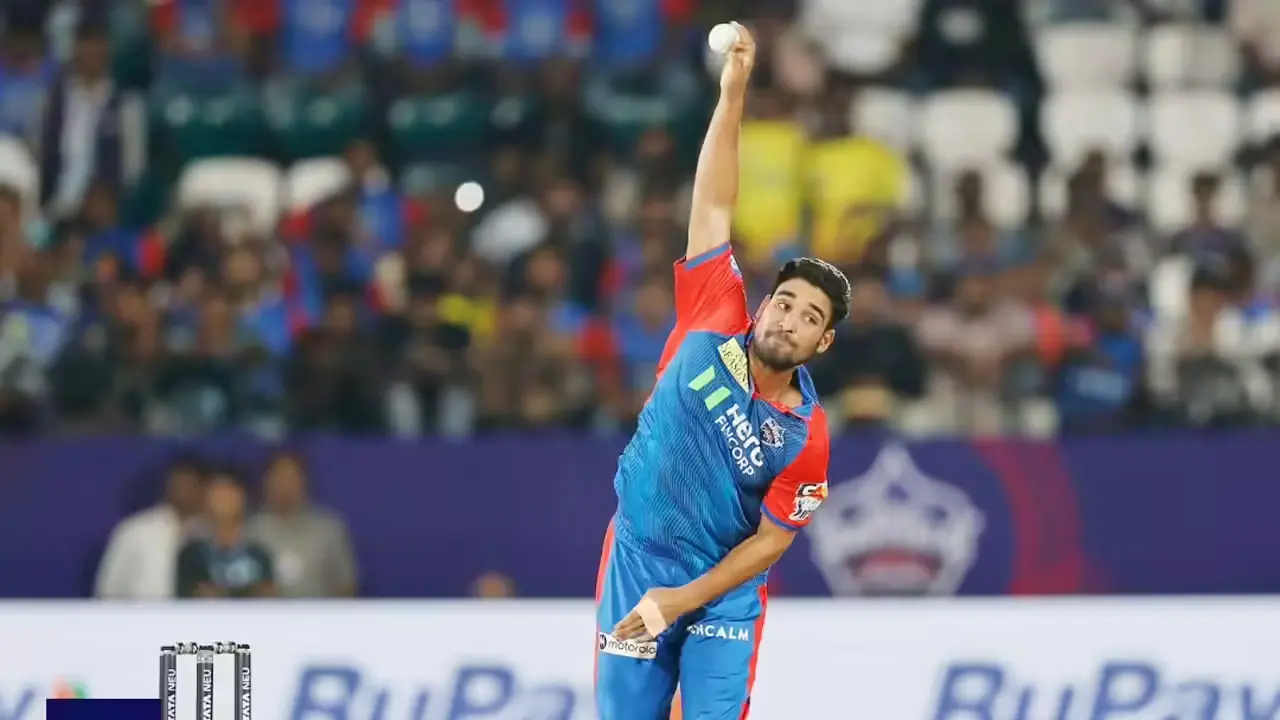The dynamics of modern cricket often reveal the intricate relationships between players and the strategies they employ. One such instance unfolded during a crucial match where the Indian batsman Cheteshwar Pujara found himself caught in a dilemma, largely due to the tactical approaches of his captain, Rohit Sharma. The assertion that Nathan Lyon is “not that good” seems to have echoed through the dressing room, influencing Pujara’s mindset and subsequently compelling him to abandon his natural game. This scenario highlights the psychological and strategic nuances that can shape a player’s performance on the field.
Rohit Sharma, known for his aggressive batting style and leadership qualities, has a keen eye for assessing opponents. His comments regarding Nathan Lyon were not merely casual banter but rather a calculated attempt to boost his team’s confidence against the Australian spinner. However, this seemingly positive reinforcement had unintended consequences for Pujara, whose batting philosophy revolves around patience and resilience. As he faced Lyon’s bowling, the pressure to conform to Sharma’s aggressive narrative forced Pujara to modify his approach, leading him to play outside his comfort zone.
Pujara’s natural game is characterized by a solid technique, an ability to absorb pressure, and a focus on building partnerships. Nevertheless, the influence of Sharma’s perspective on Lyon’s capabilities led Pujara to question his own strengths. As a result, he began to adopt a more aggressive stance, which not only disrupted his rhythm but also made him vulnerable to Lyon’s variations. This strategic misalignment between the captain’s intentions and Pujara’s execution underscores the delicate balance that players must maintain between individual style and team strategy.
Ultimately, this situation serves as a reminder of how leadership can shape the performance of players in high-stakes situations. While Rohit Sharma’s intention to instill confidence is commendable, it also illustrates the complexities of team dynamics and the need for clear communication. Pujara’s struggle to reconcile his natural instincts with the expectations placed upon him underscores the psychological challenges athletes face. In cricket, as in life, the interplay between confidence, strategy, and individual prowess can significantly impact outcomes, making it essential for players to stay true to their strengths while navigating the expectations of their leaders.




